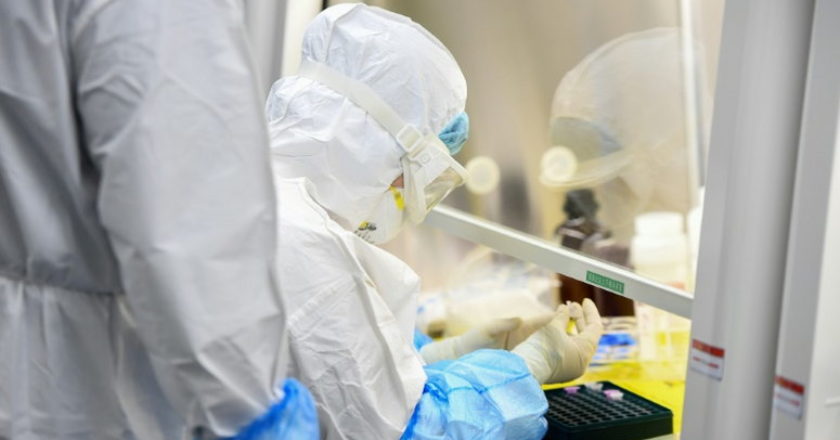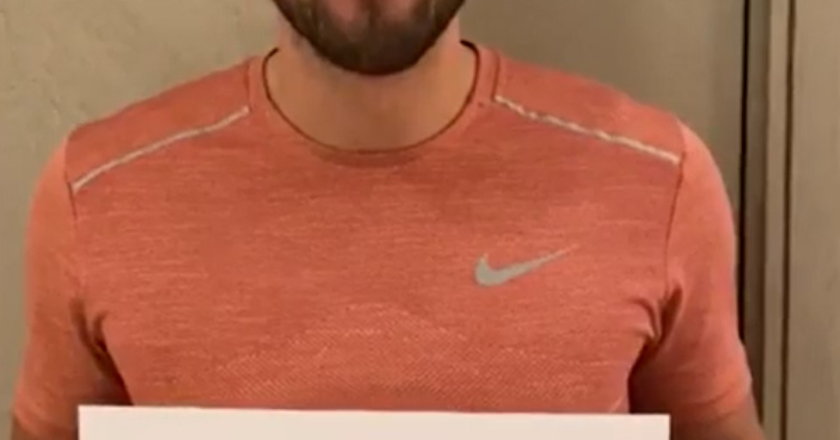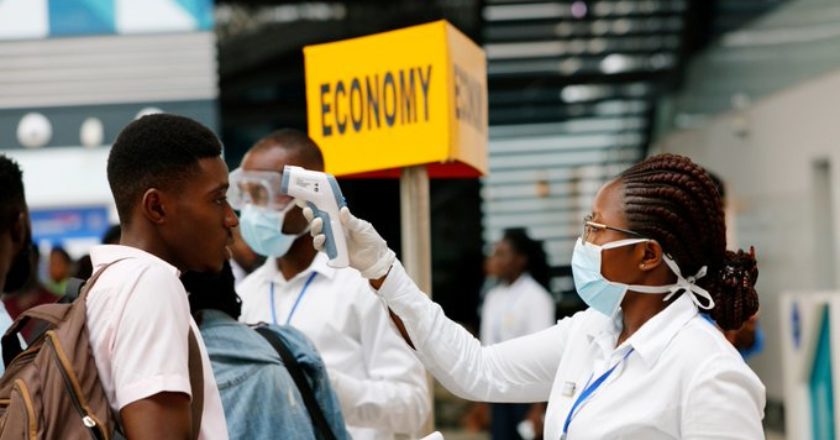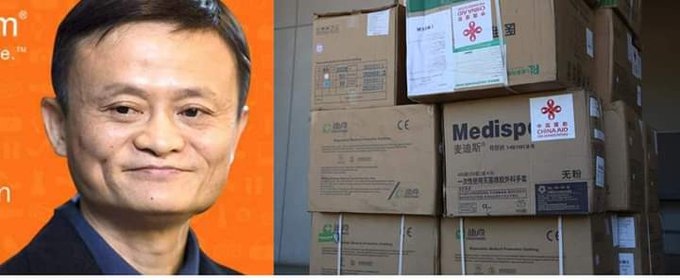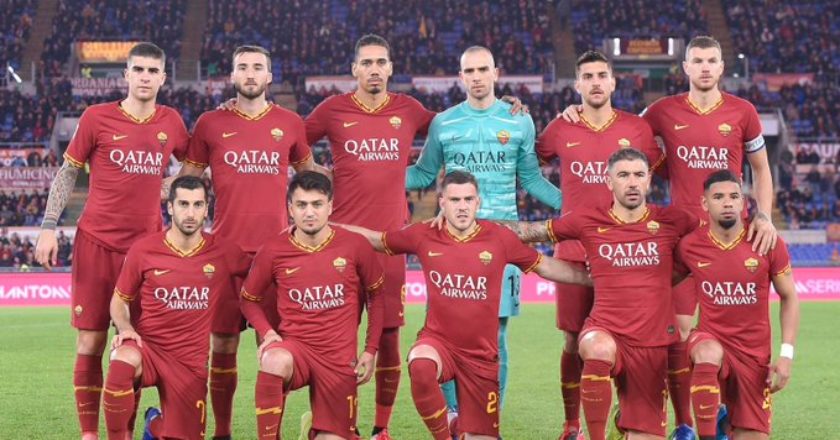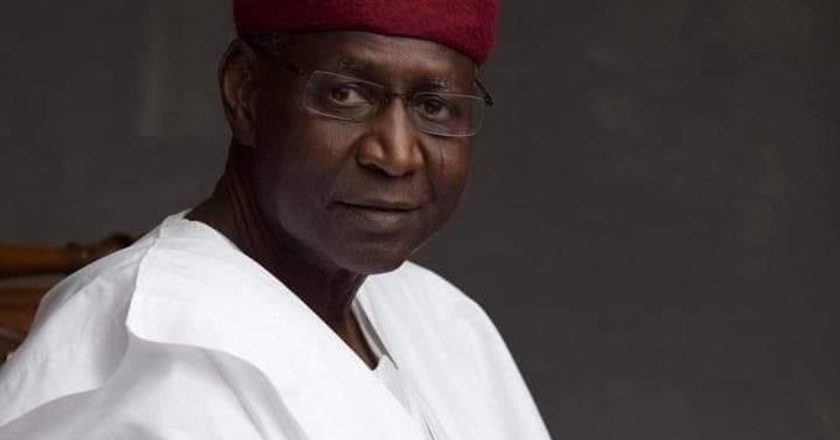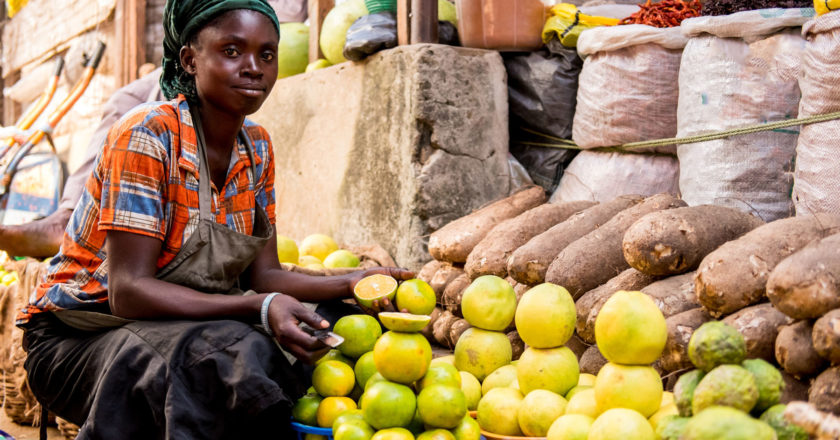The global spread of COVID-19 and the rising number of coronavirus cases in Africa are fueling anxiety about negative economic growth, failing healthcare and collapsing food systems
We are facing great uncertainty on the African continent. The global spread of COVID-19 and the rising number of coronavirus cases in Africa are fueling anxiety about negative economic growth, failing healthcare and collapsing food systems. We are already grappling with a locust outbreak in the Horn of Africa, drought and flood extremes due to climate change and increasing food importation costs of more than $47 billion in 2019. The convergence of all these sets the stage for an imminent food crisis – unless measures are taken to mitigate the impact of the pandemic.
Consider also that the U.S. dollar has surged against emerging market currencies, reducing the purchasing power of countries reliant on commodity imports and sparking higher consumer prices. Inflationary pressure on food staples can breed social tension and even unrest.
Anti-pandemic measures like nationwide lockdowns and border closures compound food shortages – especially of nutritious but perishable foods like fruit and vegetables. Restrictions on movement and quarantine measures impede farmers’ access to markets. In Nigeria, rice prices are 30% higher than in January, thanks to panic buying, transport restrictions and rising global prices.
Also, foreign direct investment and aid into Africa is expected to fall, or be delayed as international investors and development partners redirect capital to their local economies and into stimulus packages to combat COVID-19.
But Africa is coming up with its own solutions for these challenges, with the African Development Bank being prominently involved. To address the threat of food security, several short-term measures are being taken:
- Creation of a “green channel” for the free flow of food and agricultural inputs.
- Creation of strong demand for agricultural inputs of fertilizer, seeds and agro-chemicals through smart input famer subsidies.
- Measures to prevent food price hikes by releasing food from government grain reserves and implementing anti-hoarding policy.
- Rapid scale up of food production technologies, including high-yielding, early-maturing, drought-tolerant, disease- and pest-resistant staple crops, livestock and fish through programs like the Bank’s Technologies for African Agricultural Transformation initiative. (taat-africa.org)
- Feeding programs for the worst affected and most vulnerable zones.
Medium to longer-term food security interventions include:
- Provision of recovery strategy support to key supply chain players like logistics companies and anchor farmers.
- Strengthening food supply chain resilience via efficient production, processing and value addition.
- Enforcing food safety, improved food quality and traceability policies in the post-coronavirus period.
- Promoting digitalization and e-commerce in markets hit by COVID-19.
Guided by lessons learned from previous health crises, including the Ebola epidemic, the Bank has responded to the pandemic by putting together a package of support for the public and private sector. The COVID-19 Response Facility will mobilize up to $10 billion to provide financial assistance to African countries fight the pandemic. The Bank has also raised a $3 billon COVID-19 bond, proceeds of which will go to address fiscal challenges, as well as emergency procurement of drugs, vaccinations, ventilators and other health-related expenditures, as well as feeding programs, agro-input subsidies and other socio-economic interventions.
To rebound from the pandemic, Africa must maintain adequate food reserves, avoid protectionist policies and promote value chains that link domestic and international markets. As the Bank takes a key role in supporting African countries to design and implement coordinated policy responses, it will work with regional partners including the African Union and the United Nations Economic Commission for Africa, as well as international ones such as the World Trade Organization, the Global Alliance for Improved Nutrition, the Food and Agriculture Organization, the World Bank, and other international partners.
Dr. Martin Fregene is the Bank’s Director of Agriculture and Agro-industry.
Atsuko Toda is Director of Agricultural Finance and Rural Development at African Development Bank.


